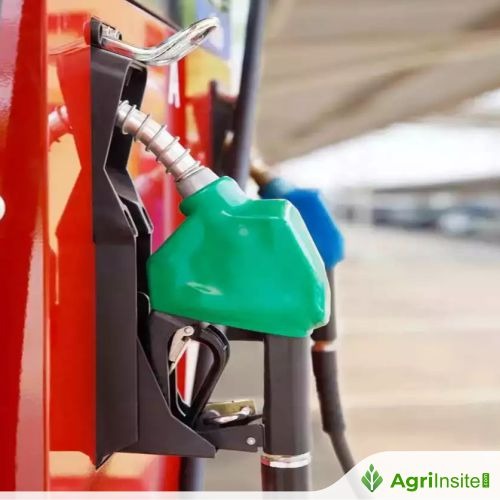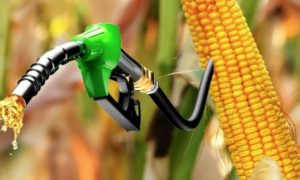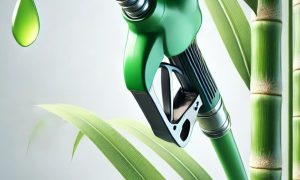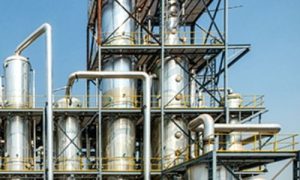Ethanol Blended Petrol Will Be Cheaper, Rs 30,000 Crore Can Be Saved – Report

India’s shift to 20% ethanol blending in petrol, a 13-fold rise in 11 years, aims to cut oil imports and emissions. Despite lower production costs, retail prices remain high, sparking consumer concerns over mileage and expenses. NITI Aayog suggests price cuts, tax breaks, and ethanol floor pricing for wider acceptance.
The Indian government’s decision to implement 20 percent ethanol blending in petrol marks a nearly 13-fold increase over the past 11 years. While the move aims to reduce oil imports and emissions, it has faced backlash from vehicle owners who fear a drop in performance and higher operating costs.
NITI Aayog’s Recommendations for Price Cuts
A 2021 NITI Aayog report had projected that a successful E20 rollout could save India around Rs 30,000 crore annually. It recommended lowering retail prices for E20 fuel to offset its lower calorific value and encourage nationwide acceptance. The report also urged the government to consider tax breaks for consumers and a floor price for ethanol to encourage investment in production.
Pricing Controversy and Consumer Concerns
Although ethanol costs significantly less to produce than pure petrol — about Rs 61 per litre including GST compared to Rs 95 per litre in Delhi — pump prices remain similar or even higher in some regions. Taxes, duties, and subsidy policies have prevented these savings from reaching consumers. Some motorists also report decreased fuel efficiency, making their cost per kilometre higher despite the lower production cost.
Government and Expert Clarifications
The Ministry of Petroleum and Natural Gas recently clarified that the mileage drop from E20 is marginal — about 1 to 2 percent for vehicles designed for E10 and tuned for E20, and 3 to 6 percent for others. These figures align with NITI Aayog’s estimates, which put the drop at 6 to 7 percent for older vehicles not originally designed for ethanol blends. The report noted that engine modifications and tuning can reduce this loss.
Industry Response and Political Statements
Manufacturers have been upgrading engines and materials to be E10-compatible since 2022, with further modifications needed for full E20 efficiency. The Society of Indian Automobile Manufacturers (SIAM) has stated that efficiency loss can be reduced with proper hardware and calibration. Meanwhile, Union Minister Nitin Gadkari has dismissed claims of vehicle damage from E20, suggesting that misinformation is being spread by vested interests in the petroleum sector.
The government maintains that E20 offers environmental and economic benefits, but the debate over pricing and performance is likely to continue unless policy adjustments address consumer concerns directly.
To Read more about Ethanol Industry & Bio Energy News, continue reading Agriinsite.com
Source : Trak














